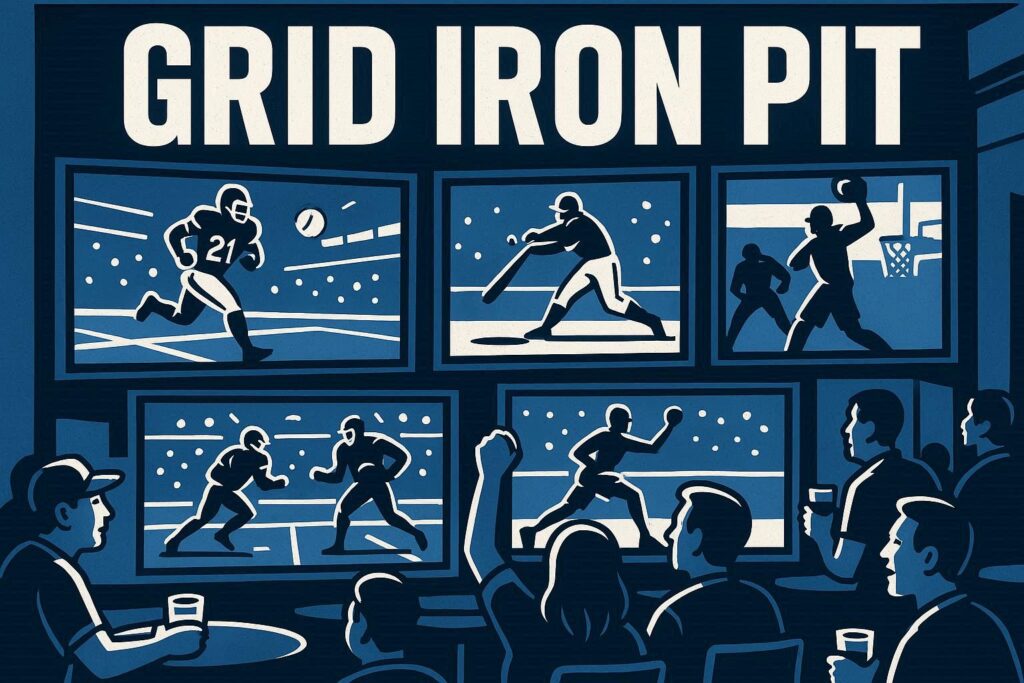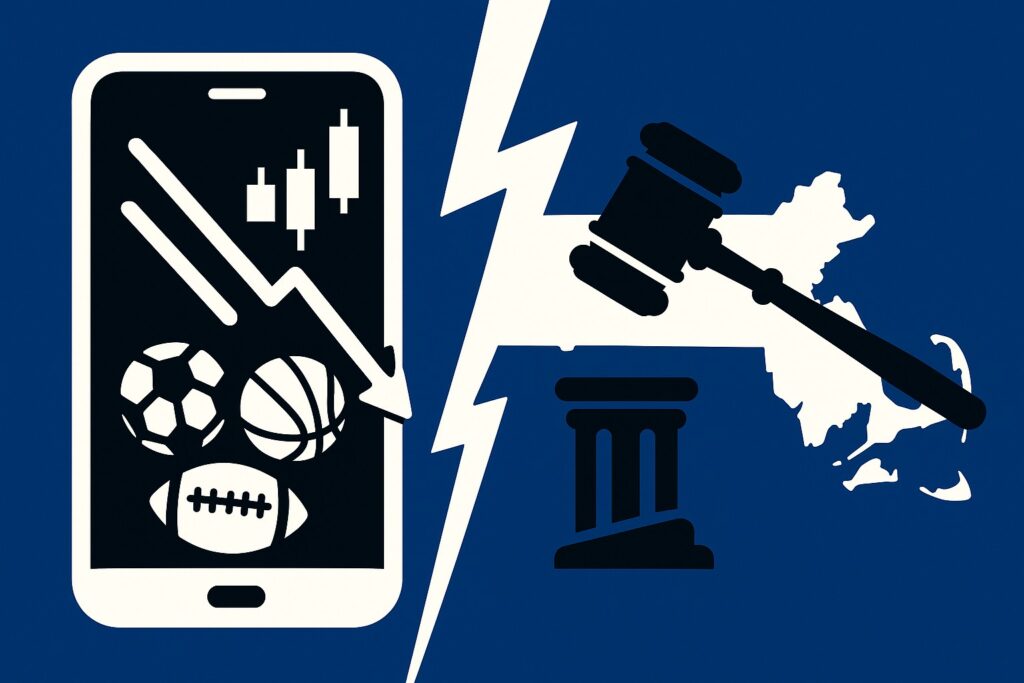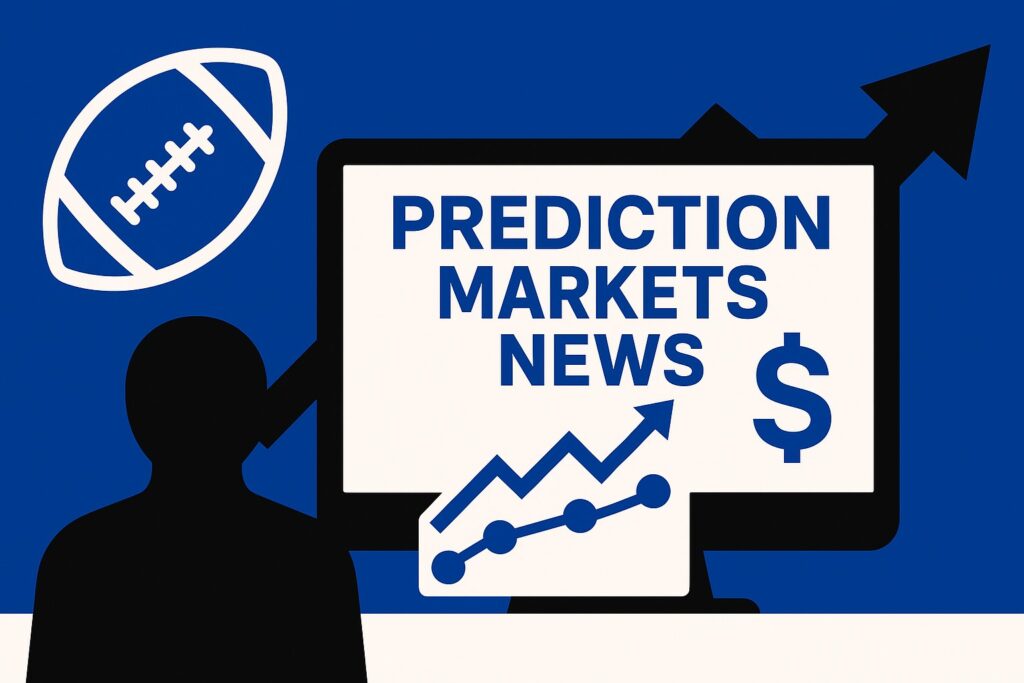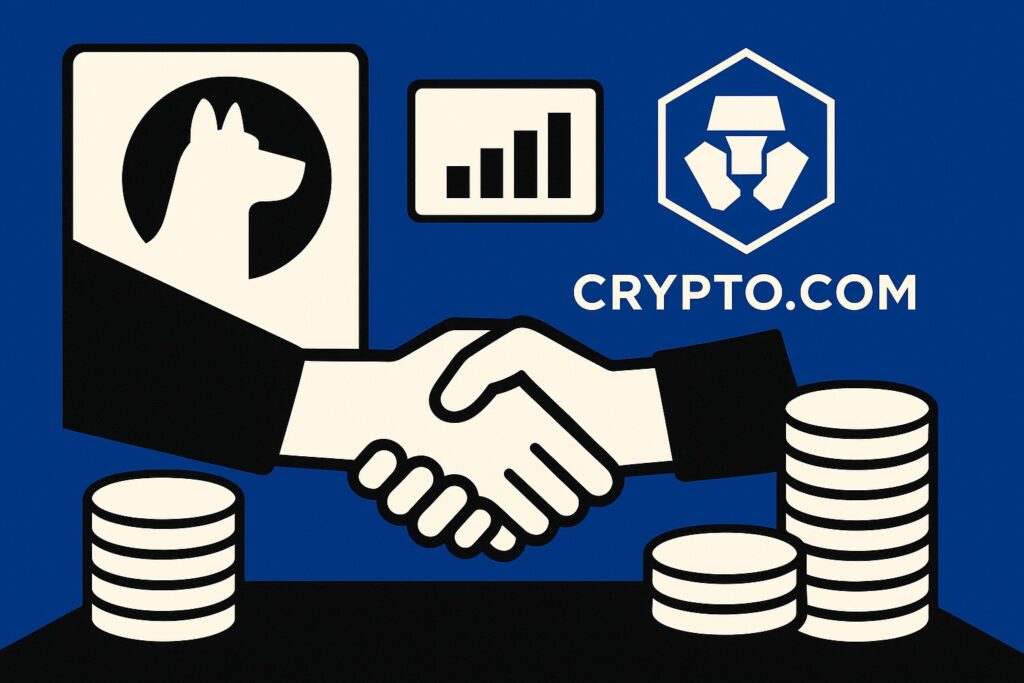Competing in a marketplace dominated by a few major players, Alex Kane knows there’s a long way to go for Sporttrade to break through.
But these are early days of legal sports betting, and there’s plenty of share to be gained in the still-maturing market. As awareness of prediction markets increases, a new set of customers are being turned on to a different experience.
“The adoption of these products is still de minimis in relation to the FanDuel and DraftKings products,” Kane, founder and CEO of Sporttrade, told Comped.
Sporttrade wants to offer prediction markets nationwide
The opportunity for prediction markets to grow the pie, Kane believes, lies not with the casual sports bettor conditioned to open their DraftKings app and place a six-leg parlay on Sunday morning, but rather with a higher-value customer ready to adapt to a trading-based platform and a more engaging experience.
Currently operating in Arizona, Colorado, Iowa, New Jersey, and Virginia, Sporttrade has requested approval from the Commodity Futures Trading Commission to offer prediction markets in all 50 states, just as Kalshi and Crypto.com do.
“We’re at the very sort of beginning of interfacing with the CFTC, but we feel very strongly that we’ve been operating as a [Designated Contract Market] and we’re in accordance with the DCM rules this whole time,” Kane said. “And if this is now permissible at a federal level, we should be allowed to operate in all 50 states.”
Based on this week’s confirmation hearing of Brian Quintenz, President Trump’s nominee to head the CFTC, prediction markets like Kalshi will be allowed to continue to operate unfettered.
Here are some more highlights from our recent discussion with Kane about how Sporttrade plans to grow its customer base and revenue:
Kane: Prediction markets just catching on
Riding in Kalshi and Robinhood’s draft, Sporttrade can funnel some of their users into its platform and present them with a menu closer in depth to a sportsbook that includes point spreads, totals, first-quarter and first-half lines, and player props.
“There’s still so much upside [with prediction markets], and as consumers start to adopt that, Sporttrade can sit a level behind that and say, ‘Hey, if you love trading the winner on Robinhood [which offers sports trading through a partnership with Kalshi], you’re gonna love Sporttrade, because you can trade anything on Sporttrade.
“Robinhood and Kalshi, at current moment, have a very limited product set. [Users who like these products] are going to go onto ChatGPT and ask, ‘Where can I [bet] the point spread? Because I used DraftKings before I switched over to Robinhood. It’s great. I love it. But what’s the Robinhood for point spreads and totals and player props and parlays and all these other sort of things?’ I think that’s where they’re gonna find Sporttrade.
“That’ll screen out a lot of the customers that are lower value, and you end up with these customers that already love it, already totally understand it.”
Comparing the sports betting vs. sports trading experience
What prediction markets offer is a completely different experience than what bettors find on sportsbook apps, Kane contends.
A typical FanDuel customer behaves in a “bet it and forget it” kind of way. Bet “No Run First Inning” and be pumped when the first batter strikes out, since the chances of winning that bet just went up. On Sporttrade, the user has the chance to sell that NRFI position at a higher price and even lock-in a profit.
“You’re going to go back onto the app and see the chart has turned green, the trend line is way up, and there’s a button that says, ‘Hey, you put $100 in, you can take back $156 right now for a $56 profit.’ I think customers are gonna love that,” Kane said.
The same concept applies across other betting markets. If you bet an NFL underdog on FanDuel, for example, you’re simply cheering for the team throughout the game, rather than having the ability to capitalize during the action.
On sportsbook apps, “you can’t sell some of your bet, you can’t get a graphical representation, visual representation of how you’re doing. It’s not engaging. It’s not fun,” Kane said. “Even for those that understand it, there’s no reason to sit there and look at your cash-out value, because you’re smart enough to know the cash-out value sucks.
“The customers we care about are the customers that we can convince that trading sports is way more fun than betting it. If you just want to put your $100 on the Eagles, we are going to show you an experience where you’re just going to go, ‘Holy cow, this is so much better than doing it on FanDuel.’”
Parlays down the line?
Sporttrade is working toward it, but a long way off from offering parlays. Kane believes his company can thrive without them.
“You’re talking about a rather large but very doable engineering challenge,” he said. “People are not going to start just betting parlays on Robinhood or Sporttrade overnight, and they’re likely not going to do it even if the odds are sensationally better. … You have to think about ‘How is the product going to be so sensationally different and better?’
“What the industry has to figure out is, from a regulatory perspective, how can you make it happen? But then, more importantly, how do you create that experience?”
While Kane envisions a day when users come to Sporttrade for the trading and stay for the parlays, parlay bettors are not the customers the company is targeting.
“If the customer is [betting parlays at sportsbooks], it means they inherently don’t understand why better odds is better. If they did care, they may stop betting parlays altogether,” he said.
“The price-sensitive bettor is not, from a marketing perspective particularly, the target of Sporttrade. If you’re truly price-sensitive, you are totally immune to marketing. There’s no level of marketing that’s going to make someone that’s a true coupon-cutter use one supermarket over the other. It’s the coupon itself, and our coupon is our price.”
Also read: More from Kane on price sensitivity
Beyond sports
Sports is what prediction markets are mostly after, and sports is what accounts for the bulk of trading action on Kalshi, which also offers markets on everything from climate (highest temperature in NYC today?) to economics (US GDP growth in Q2 2025?) to culture (top U.S. Netflix movie this month?) to, yes, politics. About $1 billion was traded on Kalshi markets related to the 2024 U.S. elections.
Some non-sports markets interest Kane.
“What will Karoline Leavitt say today at like the 130th press briefing isn’t interesting. But what will Trump say at the State of the Union address is super interesting,” he said.
“You can’t inundate the customer with 9 trillion things before they get it. They gotta get it, and then once they get it, you can take them on that journey.”
Presidential elections have potential to do massive volume, and by 2028, bettors may find almost imperceptibly thin spreads.
Kane: “I think we’re looking at such an immature marketplace right now. [In 2024], the spreads were still 1% wide. I think by next election the spreads are gonna be one-tenth that.”
Kane: Anyone that stands in the way is anti-consumer
Like others in the industry, Kane believes there’s room in the marketplace for both sportsbooks and prediction markets. One potential path is for main markets to live on exchanges, while bettors go to state-licensed sportsbooks for parlays.
Says Kane: “Parlays can be great for tax generation, and parlays have their place and customers loves parlays, and parlays should probably still, as long as they’re against the house, be licensed and administered on state-by-state approach.
“But we live in America where customers should have the choice, and if there are customers out there that love trading and love getting tight spreads and trading in and out, there should be venues that allow them to [do that].
“We’re talking about a world where every single NFL point spread, total, and moneyline on game day is going to be the American odds equivalent of +100/-101. I mean, that is phenomenal [and] anyone that stands in the way of that just is anti-consumer, whether they’re a regulator, an operator, or a legislator.”





